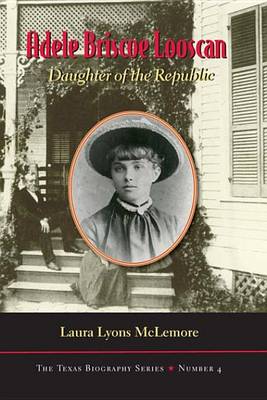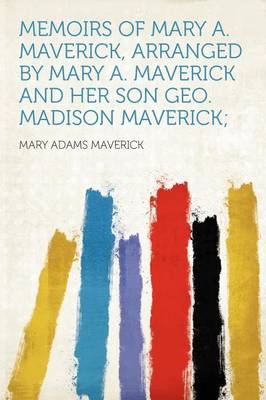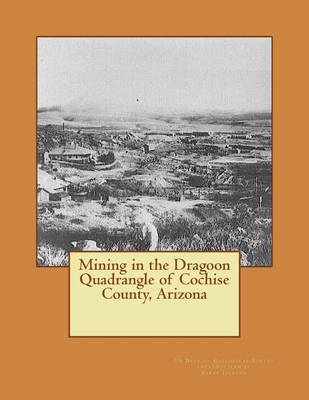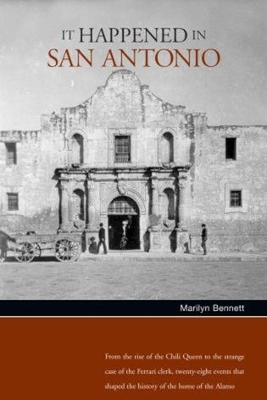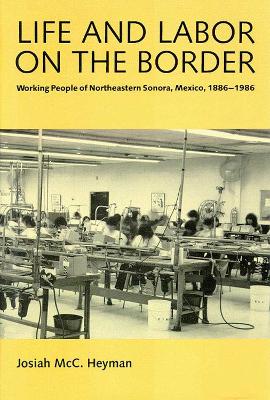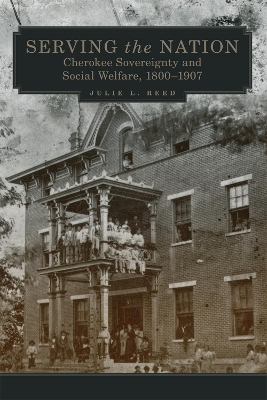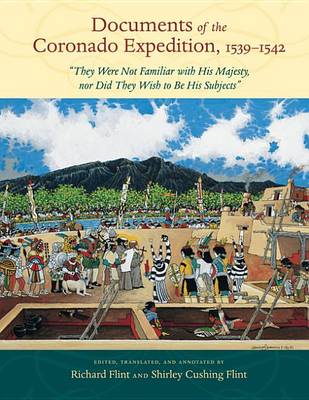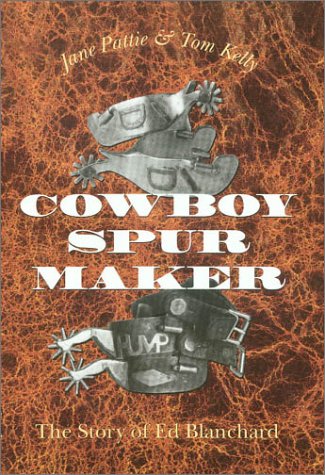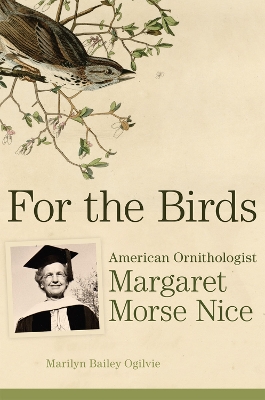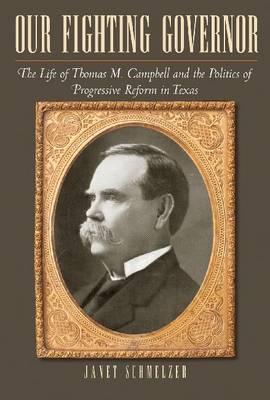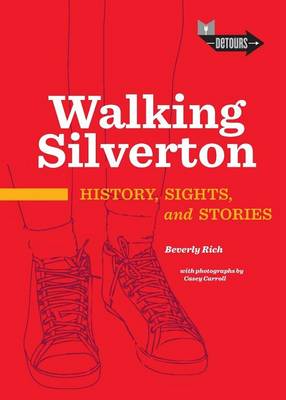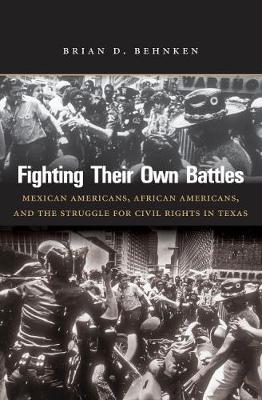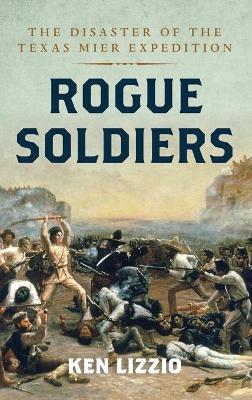The Austin Food Blogger Alliance Cookbook (American Palate)
by The Austin Food Blogger Alliance
Memoirs of Mary A. Maverick, Arranged by Mary A. Maverick and Her Son Geo. Madison Maverick;
Our Lady of the Conquest (Southwest Heritage)
by Fray Angelico Chavez and Angelico Chavez
The greatest "unsolved mystery" of the American Southwest relates to the Anasazi, the native peoples who in the 11th century converged on Chaco Canyon (now New Mexico) and built a flourishing cultural center that attracted pilgrims from far and wide, a vital crossroads of the prehistoric world. The Anasazis' accomplishments--in agriculture, in art, in commerce, in architecture and engineering--were astounding, rivaling those of the Mayans in distant Central America. By the 13th century, however,...
Mining in the Dragoon Quadrangle of Cochise County, Arizona
by Us Dept of Geological Survey
It Happened in San Antonio (It Happened In)
by Marilyn Bennett Alexander
It Happened in San Antonio gives the reader an insiders view of the Alamo City, bringing to life the characters of today and yesterday, from the early Canary Island residents to the ghosts of the Alamo to Fiesta Royalty. The pages reveal thirty compelling stories of intrigue, perseverance, tradition, and the rich cultures from the city rooted in the wild frontier by the waters of the San Antonio River.
Serving the Nation (New Directions in Native American Studies)
by Julie L. Reed
Well before the creation of the United States, the Cherokee people administered their own social policy-a form of what today might be called social welfare-based on matrilineal descent, egalitarian relations, kinship obligations, and communal landholding. The ethic of gadugi, or work coordinated for the social good, was at the heart of this system. Serving the Nation explores the role of such traditions in shaping the alternative social welfare system of the Cherokee Nation, as well as their inf...
This volume is the first annotated, dual-language edition of thirty-four original documents from the Coronado expedition. Using the latest historical, archaeological, geographical, and linguistic research, historians and paleographers Richard Flint and Shirley Cushing Flint make available accurate transcriptions and modern English translations of the documents, including seven never before published and seven others never before available in English. The volume includes a general introduction an...
Ed Blanchard was known to family and friends as a wild, reckless cowboy long before horsemen of the West recognized him as a noted maker of cowboy spurs. But it was his years spent herding snorty cattle and cinching his saddle on broncs that taught him his trade as both a cowboy and a spur maker. Jane Pattie has researched the times and added historical background, and she has drawn on interviews she did with Blanchard for her earlier book, Cowboy Spurs and Their Makers. But it is from New Mexic...
A first-rate ornithologist, Margaret Morse Nice (1883-1974) pioneered field studies on song sparrows and advocated for women's active role in the sciences. Yet her nontraditional path toward scientific progress, as well as her gender, meant that she had to reach the highest pinnacles of achievement in order to gain prominence in her chosen field. Luckily for Nice, she was more than up to the challenge. In this engaging first book-length biography, Marilyn Bailey Ogilvie sheds light on Nice's int...
A Southern Family in White and Black (Texas A.& M.Southwestern Studies)
by Douglas Hales
Most Texas history books name Norris Wright Cuney as one of the most influential African American politicians in nineteenth-century Texas, but they tell little about him beyond his elected positions. In The Cuneys, Douglas Hales places Cuney in the context of his family's generations and of his tumultous times. Norris Wright Cuney's father, Philip, a wealthy, politically active plantation owner and slaveholder in Austin County, fathered eight slave children whom he later freed and saw educated....
At the apex of progressive reform in Texas from 1907 to 1911, Thomas M. Campbell served as the state's chief executive. Closely associated with former Texas Governor James Stephen Hogg, Campbell played a central role in reviving the Hogg reform movement and building a strong record of progressive laws in areas such as social welfare, public education, and tax reform. In the broader context of southern progressivism, Campbell was a leading progressive governor much like Hoke Smith of Georgia, Be...
New Mexico's Sangre de Cristo mountains are a place where two cultures -- Hispanic and Anglo -- meet. They're also the place where three men meet: William deBuys, a young writer; Alex Harris, a young photographer; and Jacobo Romero, an old farmer. When Harris and deBuys move to New Mexico in the 1970s, Romero is the neighbor who befriends them and becomes their teacher. With the tools of simple labor -- shovel and axe, irony and humor -- he shows them how to survive, even flourish, in their isol...
Between 1940 and 1975, Mexican Americans and African Americans in Texas fought a number of battles in court, at the ballot box, in schools, and on the streets to eliminate segregation and state-imposed racism. Although both groups engaged in civil rights struggles as victims of similar forms of racism and discrimination, they were rarely unified. In Fighting Their Own Battles, Brian Behnken explores the cultural dissimilarities, geographical distance, class tensions, and organizational differenc...
Among the greatest of tragedies of the American frontier-the Donner Party, the Alamo, Wounded Knee-a little known but no less tragic event was the Texas Mier Expedition. Originally part of a 1,200-man invasion to retaliate against Mexican incursions on Texas soil in 1842, the Expedition unfolded when several hundred fighters stubbornly defied President Sam Houston's orders to disband and return home at once. Fiercely independent and recently reorganized under new leadership, this motley mix of T...
